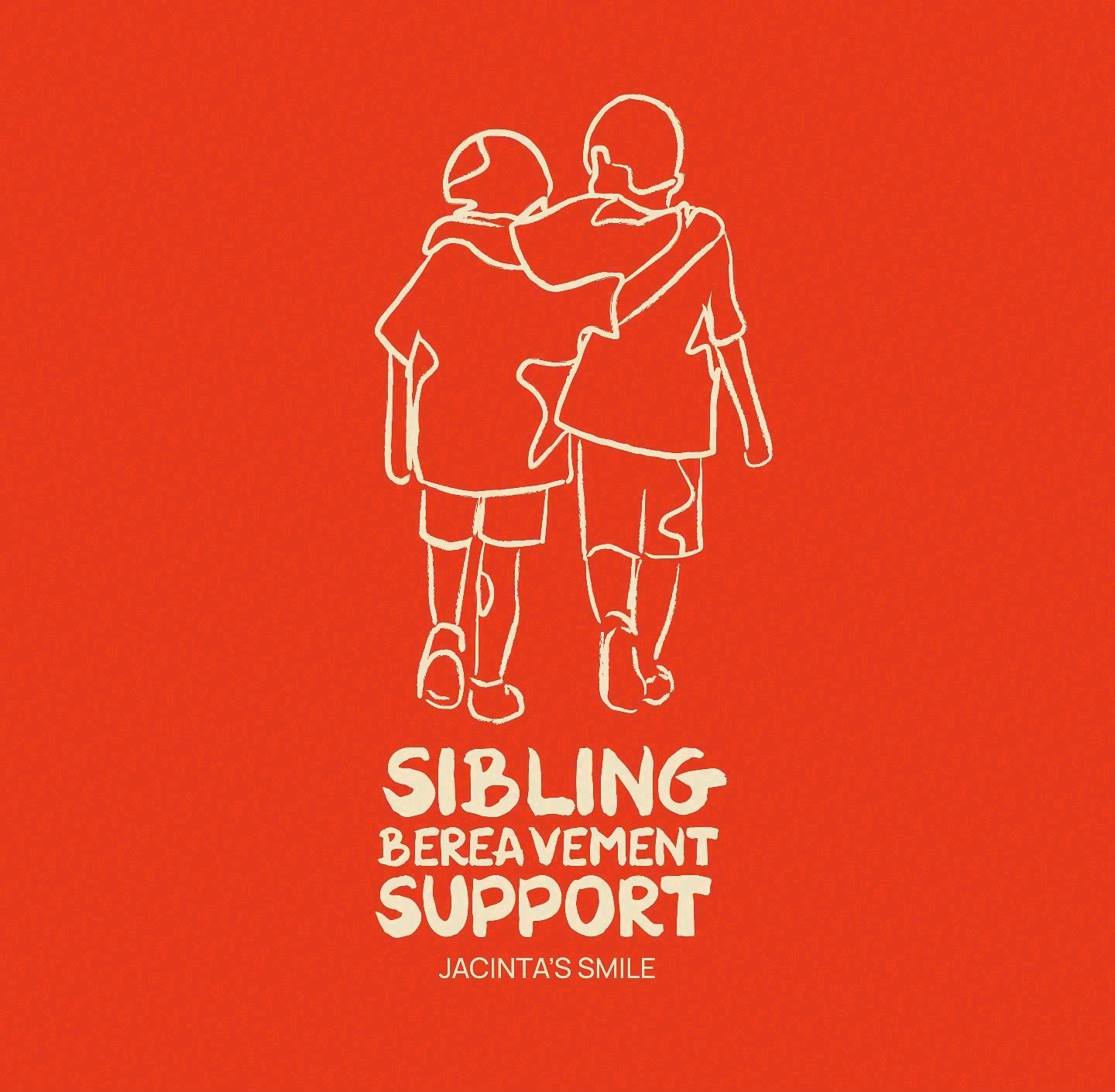Trusting the Grief Process: Learning to Honour Your Healing Journey
Trusting the Grief Process
When a death happens to someone we love, whether expected or unexpected, our sense of safety and belonging is rattled. In the place where trust once resided, a rolling and encompassing wave of fear can knock security out of our bones and take an uninvited front seat in our mind and body.
This fear can create uncertainty, panic, doubt, and mistrust in ourselves. It can beg us to fall to our knees, as the person we once were surrenders to the earth and begins to try to understand how this once strong, capable, and confident self has been transformed—without will—dragged and catapulted into a wave of confusion, bewilderment, and disorientation.
The Questions That Haunt Us
How can we trust in this process?
How does any of this make sense?
It is not fair.
Why are we left behind to try to find some meaning in our deep sadness, while yearning for the life we once knew—where we lived vicariously, free of grief, and without this hollow sorrow?
Grief Is Both Full and Empty
The grief that is felt is both full and empty. It is tinged with melancholy, flashed with regret, woes, and worry. The grief process can throw us into a spinning wheel of fear and discomfort. It is felt wholly within the crevices of our bones and our being.
How can we trust this?
How does this make sense?
You Are Human—And Your Reaction Is Normal
We can trust this by knowing that we are human. These visceral reactions to the death of a loved one are normal parts of the grieving process. There is no one way to grieve. There are no tick-the-box answers or exercises.
So many of you reading this article today are looking for answers—how to fix this feeling, how to transform despair into trust and love again. The first thing you need to know is: your reaction is normal. The second is: what encourages one person to heal may not work for another.
Grief Is Not Linear
Healing our grief is not linear. It is complicated. It depends on your relationship with the person, your beliefs, values, faith, personality, coping mechanisms, core beliefs, and your family of origin.
It starts with you. This process is yours.
You can take inspiration along your journey of grief from other people. However, if something isn’t working for you, it doesn’t mean you’ve done something wrong. It simply means that, in this moment, it’s not what you need. This can change depending on where you are on your pilgrimage of grief.
When Grief Feels Unbearable
I can tell you that if I had read one of my own articles when I was in the thick of grief after losing my third sibling, I might have thrown the phone or laptop at the wall in anger—feeling invisible, misunderstood, destabilised, and scared.
I would have wanted to shout from the rooftops:
“They don't get it! They haven’t a f*ing clue what I’m going through!”
This passed. Slowly, but it did pass. I began to trust and realise that this reaction was showing me my anger and frustration. That this needed to be sat with and acknowledged compassionately.
Of course I was angry. I had to learn that anger and frustration made sense.
Grief Comes in Layers
All parts of your grieving process will show up when they are ready. There are layers. Some are more difficult than others. There is no need to force this.
It is hard to trust this, especially when your faith in the universe has been pulled from the soles of your feet and the ground beneath you has been shaken.
Rebuilding Your Foundation
And know this: it is here that you will build the foundation of your delicate yet dynamic whole being. The being that has been cracked open—and through learning to trust yourself again—you will begin to look back and notice just how far you’ve come in your growth, compassion, and changing relationship with grief.
An Invitation, Not a Prescription
As always, remember that my writing is here just as an invitation. There is no right or wrong. Depending on your personality, attachments, beliefs, and values, this may land with you—or it may not. Take what you want and leave the rest behind.
Grief Takes Time
When you are ready, the right word, article, song, or poem will show up for you. Take your time with your grief. It is not a race. It is a sacred piece of you that seeks time to be honoured, sat with, and seen.
Taking time to be with your grief will empower you to trust the process—and most importantly, to trust yourself again.
This article was written by Katie-Anne O'Toole, who is a co-founder of Jacinta’s Smile. Jacinta’s Smile is an Irish sibling bereavement charity founded by the O'Toole sisters to support children and young adults grieving the loss of a brother or sister through counselling, adventure days, and heartfelt community connection.

Topics
Memorial Gift Shop
View AllMounted Prints
Mounted original design prints, inspired by the early Irish Celtic illuminated manuscript, The Book of Kells.
Religious & Spiritual
Holy Water Fonts, Crucifixes, Spiritual Wall Hangings & Celtic Art Pieces
Ogham Wishes
Ogham writing is Ireland's ancient script. Hand-painted, stylish wall hangings. For indoor use.


